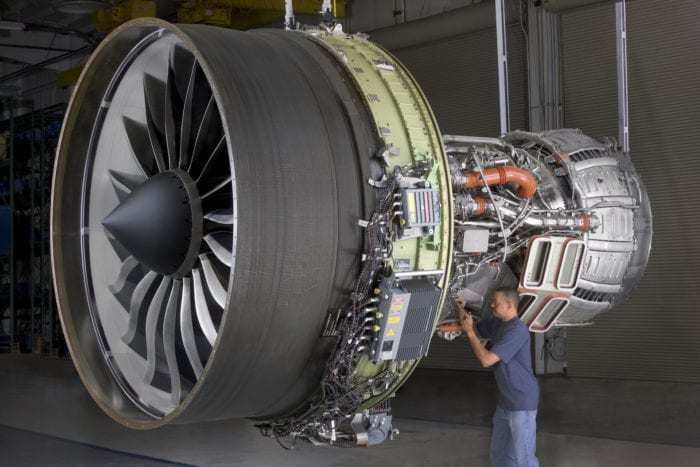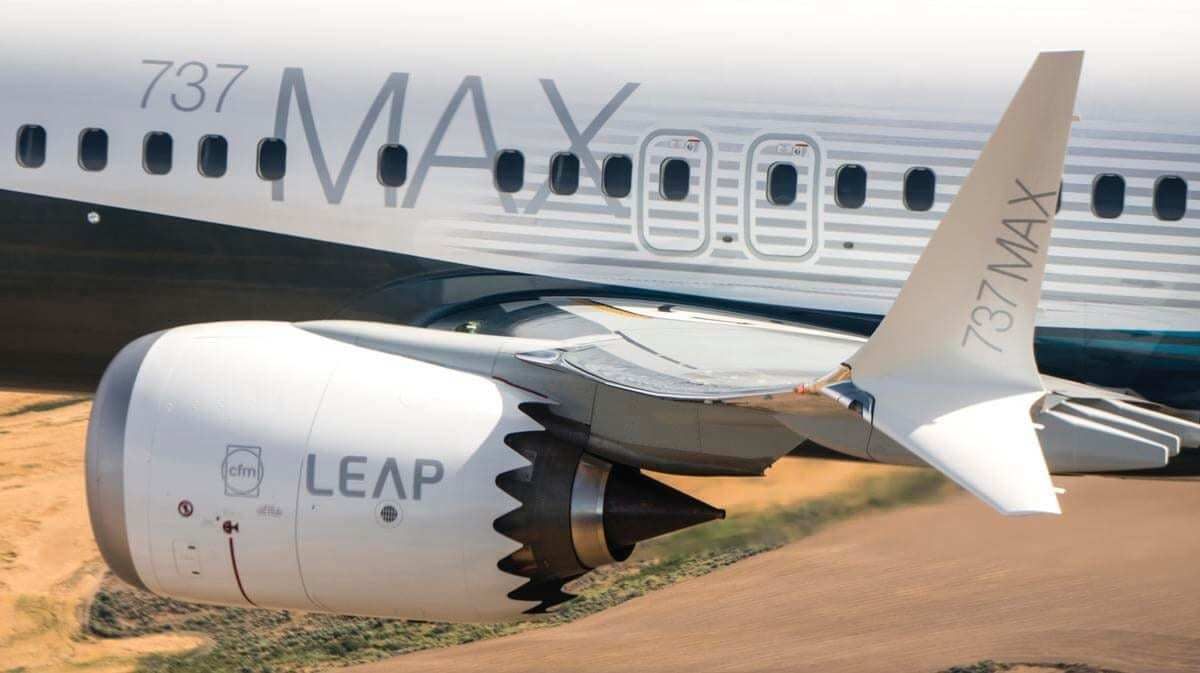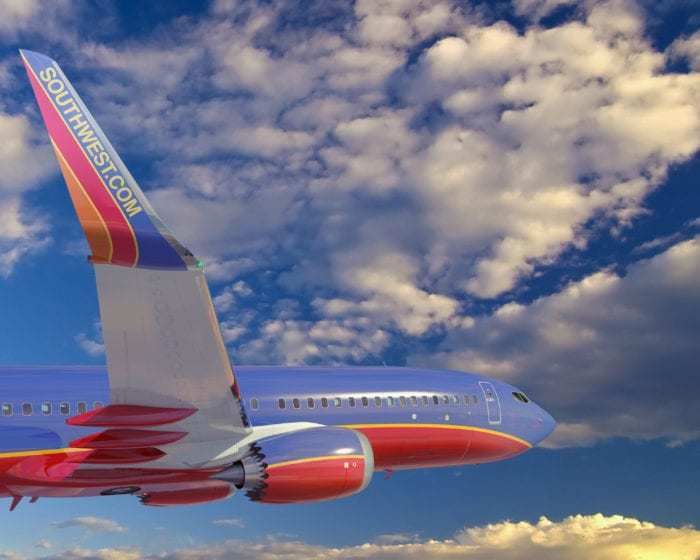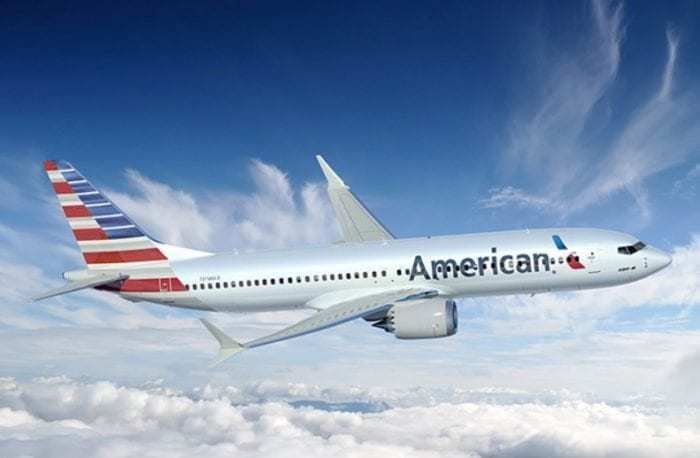Engine manufacturer CFM International have identified a potential problem with two versions of their Leap engines. The Leap-1A and Leap-1B, as used on the Boeing 737 MAX and Airbus A320neo aircraft, have been found to be suffering from coking of fuel nozzles at a much faster rate than anticipated. CFM are ordering inspections of potentially affected equipment by carriers.Just when you thought nothing else could go wrong for Boeing’s MAX aircraft, a new problem comes to light. But this time it’s not only Boeing who are affected, as the issue could mean problems for the Airbus A320neo as well.CFM have identified an issue with the Leap-1A and -1B engines which are used on both the 737 MAX and A320neo. The issue involves a carbon build up on fuel nozzles which could lead to engine failure.At this time, the engine maker is monitoring their engine and performing tests to see how widespread the problem is. According to a statement released to the media,“CFM continually monitors the fleet and we have a method to detect carbon build-up, enabling CFM and our customers to proactively manage the issue,"
What’s the problem?
Gas turbine engines are highly susceptible to a buildup of carbon, in a process known as coking. Deposits from evaporated fuel and other material create obstruction to the fuel nozzles, of which these Leap engines have 18.
This obstruction can lead to uneven temperature flow within the combustion chamber and can cause hot spots to develop inside the high pressure turbine. These hotspots are responsible for premature wear and, potentially, to the failure of the engine.
CFM have targeted two versions of their Leap engines for further investigation. The Leap-1A, as used on the Airbus A320neo, and the Leap-1B as found on the 737 MAX.
Linked to Southwest’s engine failure
At the end of last month, a Southwest 737 MAX was flying from Orlando to Victorville, to the airline’s storage facility where they are parking their 34 grounded aircraft. Flight 8701 took off as normal, but shortly after takeoff the pilots declared an emergency, telling the tower:
“Tower, Southwest 8701 we just lost our right engine, need to declare an emergency.â€
The aircraft was forced to make an emergency landing back at Orlando. Thankfully the two person crew managed to land safely. Within hours of the incident, CFM were on the scene analyzing detailed performance data to find out what went wrong with the engine.
What they found was that coking had occurred, damaging the engine and leading to a turbine blade failure, with metallic fragments found in the tailpipe. While coking is a common issue with gas turbine engines, what has emerged is that CFM’s maintenance schedule needed to be revised to swap out the fuel nozzles at shorter intervals. They commented:
“In the case of the engine on flight 8701, we learned from the event that our monitoring analytic and maintenance process needed to be adjusted for our LEAP engines. This adjustment has been made and the fleet was assessed within hours, with follow-on actions completed within days.â€
Since the problem was identified, all carriers with engines which were beyond the revised threshold for nozzle swaps were asked to inspect their engines. Inspections have turned up issues on around 1% of the engine fleet, all on the Leap-1B engine used on the 737 MAX.
Although as yet no problems have been found in the Leap-1A engines, as used on the Airbus A320, some carriers are also being asked to inspect their equipment to ensure all is well.
Who is affected?
The biggest operators of the MAX in the US are American Airlines and Southwest, both of whom have been carrying out inspections of their engines as requested by CFM. With all MAX aircraft currently grounded, it’s been easy for them to crack on swiftly with the maintenance request.
Neither airline has commented on whether issues were found, or how many engines were affected. At the time of writing, none of the Airbus A320s have been revealed to have been affected by the issue.
While the problem has been quickly identified and is an easy one to fix, it’s yet another PR blow for Boeing and their bestselling aircraft.



